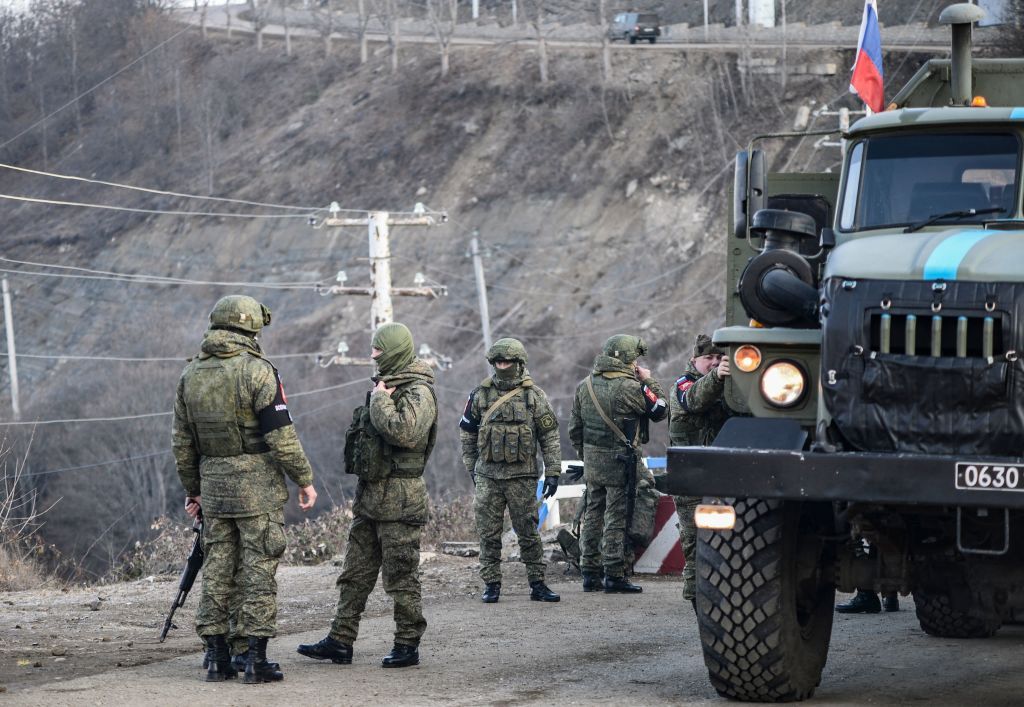Pashinyan says Azerbaijan may plan 'full-scale war' against Armenia, Baku denies

Azerbaijan may be planning a "full-scale war" against Armenia, Armenian Prime Minister Nikol Pashinyan claimed on Feb. 15, as tensions between the two countries remain high, AFP reported.
In a lighting offensive last September, Baku seized Nagorno-Karabakh, until then a de jure Azerbaijani territory controlled by self-proclaimed Armenian authorities. The brief war has driven out over 100,000 ethnic Armenians from the region.
Earlier this week, a border skirmish killed four Armenian soldiers, Yerevan said. Both sides have blamed one another for initiating the incident.
Pashinyan warned that after it had captured Karabakh, Azerbaijan plans to expand hostilities also against Armenia itself.
"Our analysis shows... that Azerbaijan wants to launch military action in some parts of the border with the prospect of turning military escalation into a full-scale war against Armenia," Pashinyan said during a government meeting.
"This intention can be read in all statements and actions of Azerbaijan."
Azerbaijan's Foreign Ministry said that Pashinyan's warnings were "groundless" and accused the Armenian prime minister of manipulation.
Yerevan fears that Azerbaijan may try to create a land bridge to Nakhchivan, an Azerbaijani exclave lodged between Armenia, Turkey, and Iran.
Despite some positive signals last December, the two countries have so far failed to finalize a peace agreement and the demarcation of their heavily militarized border.
Azerbaijani President Ilham Aliyev recently said that peace can only be achieved if Armenia changes its constitution and other documents that would "put an end to territorial claims against Azerbaijan."
Baku claims that Armenia's Constitution indirectly refers to a 1989 declaration on Karabakh's reunification with Armenia.
"We have no territorial claims to Armenia. And they should give up their claims. Talking to us in the language of blackmail will cost them dearly," Aliyev said.
Pashinyan said that Armenia recognizes the territorial integrity of all neighboring countries but rejected any changes to the country's internal legal system.











